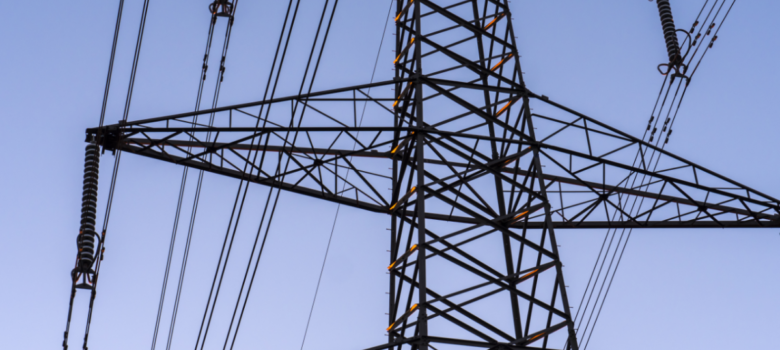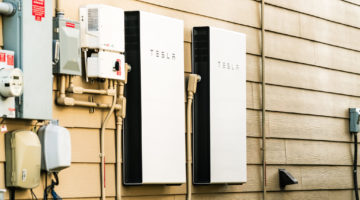
Today, some big changes have been announced which signal the beginning of the UK’s long-anticipated move to a ‘smarter’ grid system. Current rules on electricity usage and storage will be overwritten, in order to help the UK prevent a potential energy shortage crisis, by better balancing demand. The first element of the announcement concerned investment in battery storage research.
Battery storage research
The Government is set to invest £264m into developing battery technology, an area in which the UK has been lagging behind other countries for several years.
Business and Energy Secretary Greg Clark today announced his intention to ‘ensure the UK builds on its strengths and leads the world in the design, development and manufacture of electric batteries. Known as the Faraday Challenge, the 4-year investment round is a key part of the government’s Industrial Strategy. It will deliver a coordinated programme of competitions that will aim to boost both the research and development of expertise in battery technology.’
.@GregClarkMP: Efficient clean energy is particularly important. We aim to increase public investment & encourage more business investment.
— Dept for BEIS (@beisgovuk) July 24, 2017
.@GregClarkMP: Today we’re publishing ‘Smart Systems and Flexibility’ – a plan to make UK’s energy system smarter & help reduce energy bills
— Dept for BEIS (@beisgovuk) July 24, 2017
.@GregClarkMP: Smart Systems Plan will make us one of the best places on earth for energy innovation. #IndustrialStrategy
— Dept for BEIS (@beisgovuk) July 24, 2017
Remote control of appliances
The funding of battery research will go hand-in-hand with changes to how consumers use energy in the home. Government rules on energy trading haven’t been modernised for years have been criticised for not allowing enough ‘flexibility’. They predate the digital revolution and the boom in variable renewable energy. Recognising the shift to smart technology that has become apparent in the last couple of years, the Government will be encouraging people to generate their own power via solar, store it in batteries and sell the excess to the grid. This marks moving away from the traditional reliance on national power plants, and towards ‘ordinary’ people producing electricity at home.
The most notable change announced is that, at some point down the line, consumers will be able to opt in to a system running power-hungry appliances automatically at off-peak times. The plan is that washing machines, for example, could be controlled remotely to run at times when green energy output is high, i.e. when the sun is shining. The other side of the coin is that freezers could be turned off for short bursts when energy is in really high demand. Although this could only be done with technologies whose performance will not be affected, it could be enough to change things. Freezers being turned off for just a few minutes will not warm up considerably, but this halt in electricity supply could make all the difference in terms of managing demand. These people will be rewarded for their cooperation by paying less on their bills.
This changes are all good news for energy infrastructure, as they will help households and businesses to adjust demand at peak times, therefore smoothing fluctuations in the National Grid. There could also be economic benefits for consumers, who can potentially save on bills if they get on board.
The future of UK energy storage
It’s worth saying at this point (if you haven’t already noticed!) that this is all a bit vague. At this stage, the announcement was more about ideas than the realities of implementing anything. There is a lot of uncertainty even amogngst industry experts as to how exactly it will all work. More details are set to be announced later in the year.
There have been warnings of an increased risk of cyber security threats once the energy grid is digitised. You can see why people might worry, for instance, if they agreed to have their appliances controlled remotely, as it could conceivably give hackers access to personal information. Security is key if these changes are to be a success, so let’s hope Ofgem goes far enough with its promised measures to prevent ‘interference’.
Think we missed something? Do you have a different opinion?
Comment below to get your voice heard…












No Comments yet! Be the first one.